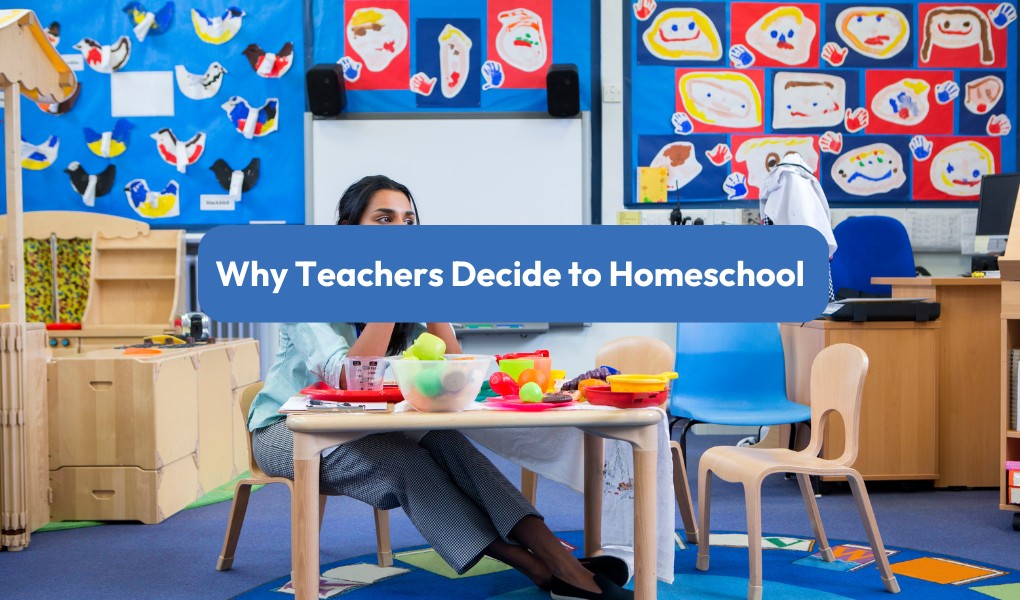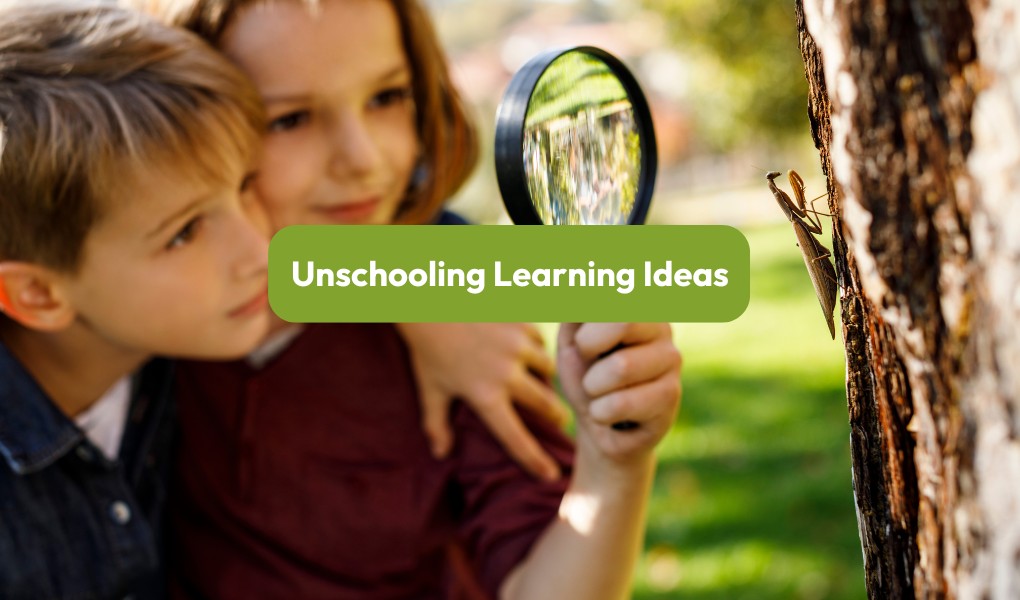You yourself might be an introvert or have children that are introverted. There’s nothing wrong with that. In fact, you should embrace it!

Home Education is for anyone and everyone, including us introverted souls who don’t crave as much social interaction as our extroverted buddies. But that doesn’t mean to say we don’t want to get ‘out there’, we just might find it a little harder.
You yourself might be an introvert or have children that are introverted. There’s nothing wrong with that. In fact, you should embrace it! Introverts can socialise just as well as extroverts, especially when homeschooling because it will be on your terms. But if you’re in need of some good socialisation tips, we’ve got 8 tips that are especially for introverted homeschoolers and home educators.
First, let’s look at the benefits of socialisation for introverted homeschoolers and home educators.
The Benefits of Socialisation For Introverts
1. Builds Strong Connections
When you socialise, you have the chance to build really strong connections and friendships. And as introverts often thrive on deep meaningful connections, socialisation allows for the discovery and deepening of these connections.
2. Develops Social Skills
This might be an obvious one but it’s important for people, introverts or not, to socialise, especially in environments where they feel comfortable and happy. Socialisation can help introverts build their confidence, making it easier to communicate with others and therefore leaving them feeling more comfortable.
3. Improves Mental Health
It’s nearly always guaranteed that regular social interactions will boost someone’s mood, reduce stress and increase overall happiness. Socialisation also helps to reduce isolation and loneliness, which can impact mental health.
4. Have a More Balanced Lifestyle
Introverts love their personal space but having the right balance between solitude and socialising allows them to re-energize when needed and have the best of both worlds.
5. Builds Resilience
Regularly engaging in social activities, even when it feels uncomfortable, helps introverts build resilience and learn to manage social anxiety or nervousness. You’ll find that, over time, it becomes much easier to handle discomfort and gain new coping strategies.
So with the benefits of socialisation out of the way, let’s get into 8 tips to help your introverted child easily socialise without it being too much.

1. Create Low-Pressure Social Opportunities
Introverts often feel drained by large groups or high-energy social settings. Instead of forcing your child—or yourself—into overwhelming situations, create low-pressure social opportunities where both can interact on their own terms. Playdates with one or two children, small group activities, or even family gatherings can provide the right amount of social interaction without being too overwhelming.
As a parent, you can also look for opportunities to connect with other home educators in settings that feel comfortable for you. Consider joining or forming a small homeschool co-op with like-minded families. This allows your child to engage in social activities in a familiar and supportive environment while also providing you with a chance to interact with other parents in a manageable setting.
2. Incorporate Socialisation into Hobbies and Interests
One of the best ways to encourage socialisation is to incorporate it into activities your child already enjoys. Whether it’s art, music, coding, or sports, finding a group or class that aligns with your child’s interests can make social interactions more enjoyable. When children and parents share common interests, it’s easier to connect and form meaningful friendships.
For parents, participating in activities or groups that align with your own interests can also be a great way to socialise. Whether it’s a book club, a crafting group, or a nature walk club, finding like-minded adults to connect with can make social interactions feel less like a chore and more like a rewarding experience.
3. Focus on Quality Over Quantity
Introverted children and parents typically prefer deeper, more meaningful relationships over having a large circle of friends. Focus on helping your child build a few strong, quality friendships rather than trying to expand their social network extensively. These relationships are often more fulfilling and provide the emotional support needed.
Similarly, as an introverted parent, it’s important to focus on building a few strong connections with other homeschool parents rather than feeling pressured to socialise with everyone. Deep, meaningful connections with a select few can offer the support you need, and reduce any pressure that you might feel to socialise.
4. Teach and Practice Social Skills in a Safe Environment
For introverted homeschoolers, learning social skills can be a gradual process. Role-playing different social scenarios at home can be a great way to prepare your child for real-world interactions. Practice greetings, conversations, and other social behaviours in a safe, non-judgmental environment.
As an introverted parent, you can also benefit from practising social scenarios that might cause anxiety, such as interacting with other parents at co-op meetings or organising a group activity. Rehearsing these interactions can help you feel more confident and prepared when the time comes.
5. Respect the Need for Downtime
Introverts often need time alone to recharge after social interactions. It’s important to respect this need for both you and your child. Recognise when either of you needs downtime and ensure you have the space to relax and rejuvenate. Remember, the amount of socialisation that every person needs varies, and that goes for introverts, too.
Balancing socialisation with quiet time can help prevent burnout, so when you do have social experiences they are much more fun and positive. Encourage activities like reading, drawing, or solo hobbies that allow your child—and you—to unwind and process the day.
6. Model Positive Social Behaviour
As a home educator, you are one of the most influential role models in your child’s life. Demonstrating positive social behaviour yourself can encourage your child to do the same. Show empathy, practise active listening, and engage in conversations that promote understanding and respect.
It’s also important to be honest with your child about your own social needs and boundaries. Modelling how you navigate social situations as an introvert can teach your child valuable lessons about self-care and the importance of respecting one’s limits.
7. Set Boundaries That Work for You
It’s crucial to set boundaries that protect yours and your child’s energy during necessary social interactions. For instance, if large homeschool events are too draining, limit your participation or focus on smaller, more intimate gatherings. Communicate these boundaries clearly with other parents and your children to ensure everyone is on the same page. You don’t want to feel pressured or overdo it for the sake of trying too hard.
Don’t feel guilty for declining invitations or saying no to activities that you know will overwhelm you. By setting boundaries, you can preserve your energy for the social interactions that matter most and the ones where you can be fully present.
8. Embrace the Benefits of Online Communities
For introverted homeschoolers and parents, online communities offer a comfortable space to connect with others. When you join virtual classes, forums, and social media groups which are tailored to homeschooling, you have the reduced pressure of face-to-face communication but are still able to interact with other people, many of whom might be introverts themselves.
Online communities can also be a great way for home educators to connect, share resources, and support each other. You can engage with these communities at your own pace, taking breaks when needed without the immediate demands of in-person socialisation.
The most important thing to remember is that socialisation for introverted homeschoolers and parents doesn’t have to be daunting. Creating a supportive environment, focusing on quality relationships, setting boundaries, and respecting yours and your child’s needs — these are all quality tips to help socialisation feel less like a chore and more like something that you can both enjoy.
It’s often about finding a balance that works for your unique family dynamic. Embrace the strengths of being introverted, and create a homeschool experience where both you and your child can flourish, academically and socially!

m@liberated
Want more from Liberated to Learn?
Subscribe to stay updated about new posts, resources and giveaways!












